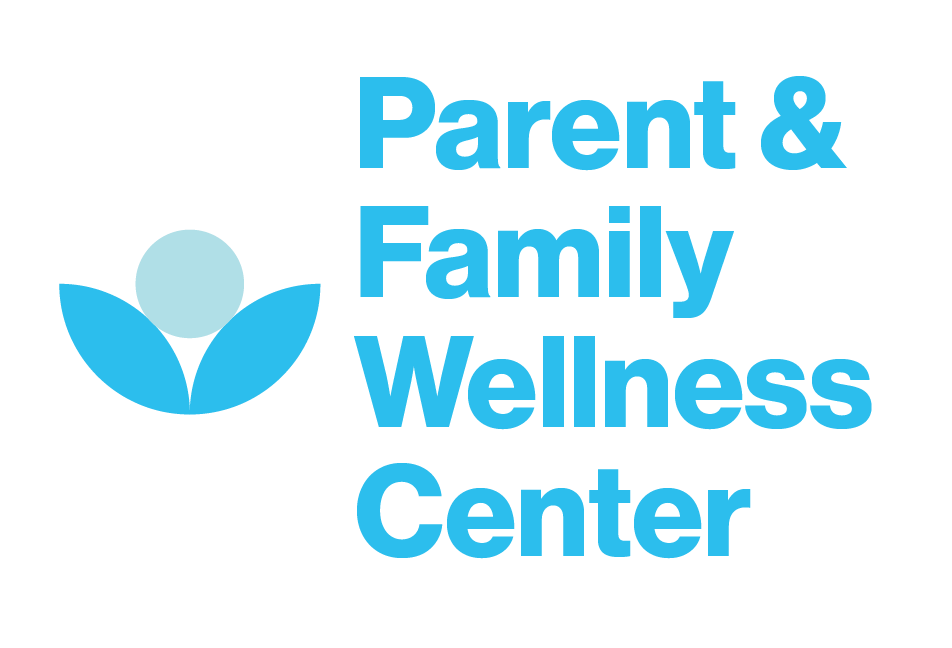Looking to Feel Happy in Motherhood? What if We Told You That You Were Looking for Happiness the Wrong Way?
“Happiness is often understood as something we “find,” like a worm in the garden. But it’s not the worm that brings “happiness”—it’s the process of being in a garden or a park and letting ourselves have that moment to appreciate whatever experience, opportunity, memory or thoughts the worm reminds us of”
I read an essay in the Washington Post a few weeks ago that started me thinking about happiness and why the phrase "be happy" makes me upset.
Happiness is how we feel when we reach a goal or find meaning in an activity--if that goal or activity is as complicated as raising a family, or making time for self-care or as mundane as cooking a good-enough dinner, the feeling "happiness" comes from the process--even when the process is not smooth or easy. Happiness can't be willed, can't just be a thing without the process. When someone tells me to "be happy" or I see a sign saying "smile" it frustrates me--I start to think I should be able to just do it on command. That can lead to anxiety about feeling inadequate or sadness about feeling like I'm the only one who can't.
A healthier approach is to allow room to examine all feelings, negative and positive. Negative feelings don't define us, just as positive feelings don't define us--it's what we do with the feelings, how we manage them or find someone to help with them. And this is how we help our kids manage feelings, by modeling and tolerating positive and negative feelings, and also letting those feelings go and moving on to what's next.
Happiness is often understood as something we "find," like a worm in the garden. But it's not the worm that brings "happiness"--it's the process of being in a garden or a park and letting ourselves have that moment to appreciate whatever experience, opportunity, memory or thoughts the worm reminds us of. Finding a worm in the dirt can be a chance to plan a fishing trip or start growing a flower from seed with your child or discuss what worms do for us and why dirt is interesting.
So maybe instead of telling someone (or ourselves) to "be happy" we could say just "how are you?" and mean it, being open to what the other person (myself, my child, my neighbor, the mail carrier, or even the worm) responds with.
I'm going to start this today. Let me know how it goes for you.

